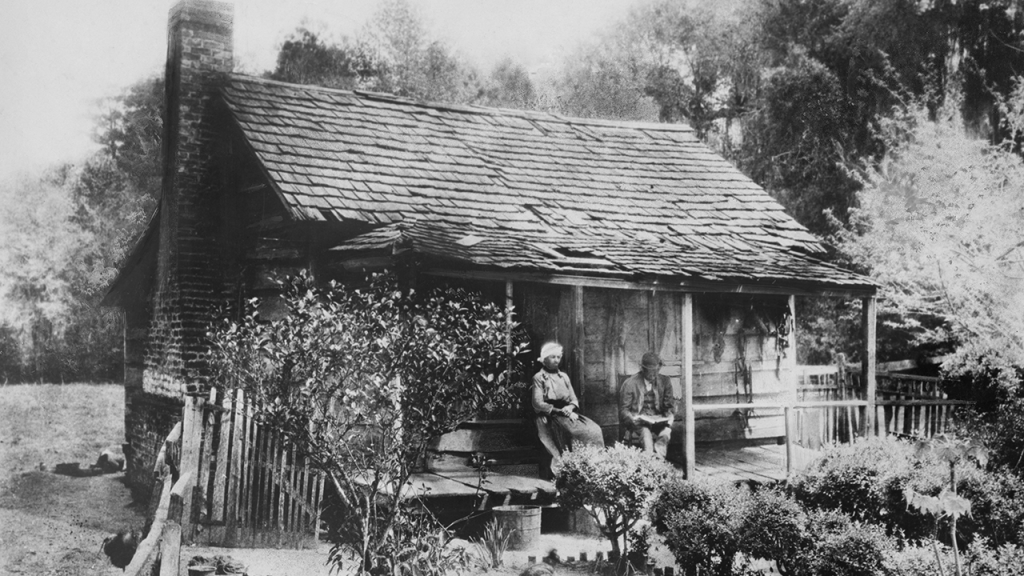Juneteenth originated in Galveston, Texas, on June 19, 1865 when enslaved people were informed of their emancipation, marking the end of slavery in Texas. The Emancipation Proclamation had been issued in 1863, but its implementation had been delayed in certain Confederate-controlled areas. President Abraham Lincoln had declared freedom for enslaved individuals two and a half years earlier. The Union troops under Major General Gordon Granger arrived in Galveston Bay to decree freedom for over 250,000 enslaved African Americans in Texas through General Order No. 3.
General Order No. 3 announced the emancipation of all slaves in Texas, establishing an equality of personal rights and property between former masters and slaves. The freed individuals were encouraged to remain in their current homes and work for wages. Juneteenth is celebrated annually on June 19th, with the holiday’s name derived from a combination of “June” and “nineteenth.” The commemoration has grown from local roots to a national celebration that includes parades, readings, and community events. It is considered the oldest commemoration of the abolishment of slavery in the United States.
The celebration of Juneteenth has evolved over the years, with various events and activities taking place to honor and remember the significance of the emancipation proclamation. In 1979, the Galveston Juneteenth Committee started an annual Juneteenth Celebration, featuring the reading of General Orders, No. 3 through prayers, reflections, and community leadership. Texas officially recognized Juneteenth as a state holiday in 1980, solidifying its importance in American history.
The significance of Juneteenth was further acknowledged in 2006 when a statue commemorating the reading of General Order No. 3 was erected in Galveston. The city transferred the building and grounds to the Galveston Historical Foundation in 2018 to ensure the preservation of this historical site. On June 17, 2021, President Biden signed the Juneteenth National Independence Day Act, making June 19th a legal public holiday. Juneteenth is now celebrated as Juneteenth National Independence Day, alongside other federal holidays such as Martin Luther King Jr.’s birthday and Independence Day.
The federal recognition of Juneteenth as a holiday underscores its importance in American history and the ongoing fight for equality and justice. On June 19, 2024, the 159th anniversary of Juneteenth will be celebrated, honoring the legacy of the enslaved individuals who gained their freedom on that day in 1865. The holiday is also known as Emancipation Day, Freedom Day, Jubilee Day, Black Independence Day, and Juneteenth Independence Day. It joins the ranks of other permanent federal holidays, symbolizing the country’s commitment to acknowledging and learning from its past.
Juneteenth serves as a reminder of the resilience and strength of the African American community in their struggle for freedom and equality. The holiday’s roots in Galveston, Texas, represent a pivotal moment in American history, highlighting the ongoing journey towards social justice and equality for all. As Juneteenth continues to be recognized and celebrated across the nation, it remains a powerful testament to the enduring legacy of those who fought for freedom and civil rights.













